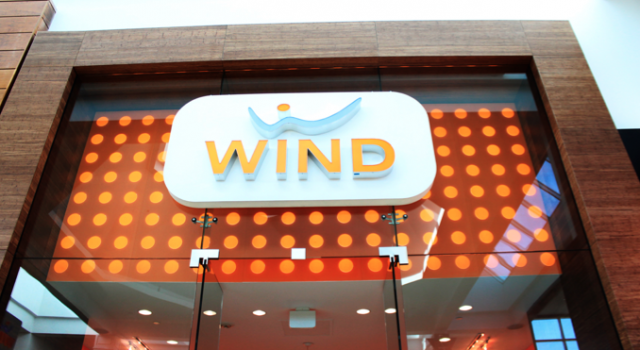
WIND Mobile has answered the calls, texts and tweets of its customers accustomed to losing service quality when roaming outside its urban home network.
Last week, we told you that the company, which operates in the GTA, Ottawa, Calgary, Edmonton and Vancouver, would begin charging significantly less for its per-use domestic and US roaming rates, as well as activating high-speed HSPA+ service across Canada with its roaming partner, Rogers. In areas where Rogers offers Dual-Carrier HSPA+, speeds will reach a theoretical maximum of 42.2Mbps down and 11Mbps up.
While WIND has yet to offer an unlimited 3G roaming add-on for Canadians like it does for US travellers, per-use rates have dropped for both countries to 15 cents per minute for calls, 5 cents for each outgoing text and 5 cents per megabyte of data, down from $1 per megabyte before.
Earlier this year, the Conservative government amended the Telecommunications Act to limit incumbents charging new entrants any more for roaming than they do their own customers. While this was meant as an interim stopgap measure until the CRTC decides whether it will begin regulating roaming rates, the move forced companies like Rogers to not only open up their existing 3G network to WIND but significantly lower what it charges for wholesale voice, text and data.
“WIND Mobile is offering Canadians exactly what they’ve asked for,” said Mirko Rugarli, WIND’s chief marketing officer. “We know that almost 50 per cent of Canadians are concerned with paying roaming fees within their home country, and that doesn’t include U.S. travel. That’s why we’re committed to giving Canadians the choice for true mobile freedom and the fourth national carrier that they deserve.”
Recently, the CRTC banned exclusivity agreements between incumbents and new entrants, allowing telcos like WIND, Eastlink, MTS and others to seek out supplementary domestic roaming deals with other national providers. Eastlink recently patched up its remaining network holes in the Maritimes by signing Bell as a secondary roaming partner along with Rogers, while Bell itself signed a deal with Rogers and MTS to use its network in areas of Manitoba it did not previously offer service.
WIND’s move today not only adds high-speed HSPA+ service to its already-improved DC-HSPA+ network, but it lowers the cost of roaming data to $50 per GB which, while still expensive, is significantly cheaper the $1000/GB premium users were paying before.
It must be noted that this announcement today does not affect its “Home” network in any way; this is merely a lowering of costs and an increase in speed for use in areas where WIND’s own towers don’t provide service.
[source]WIND Mobile[/source]
MobileSyrup may earn a commission from purchases made via our links, which helps fund the journalism we provide free on our website. These links do not influence our editorial content. Support us here.


